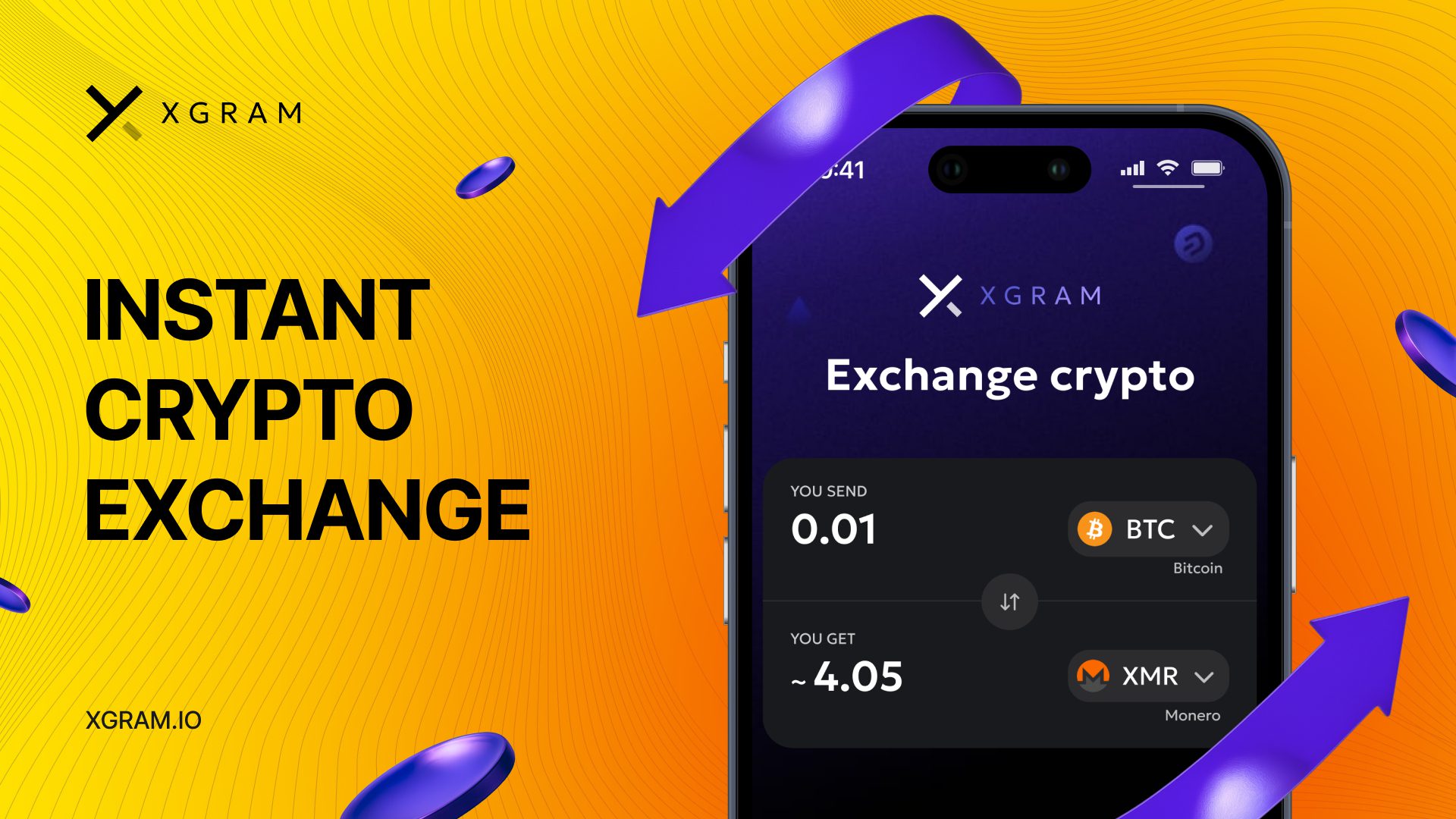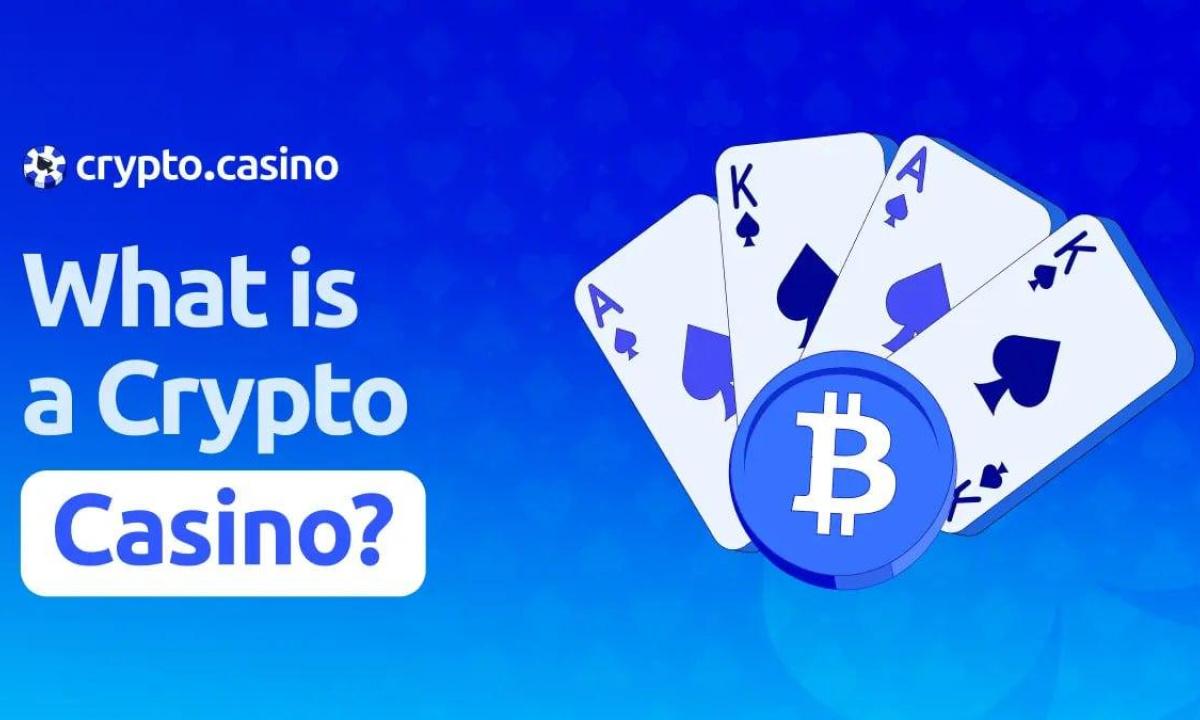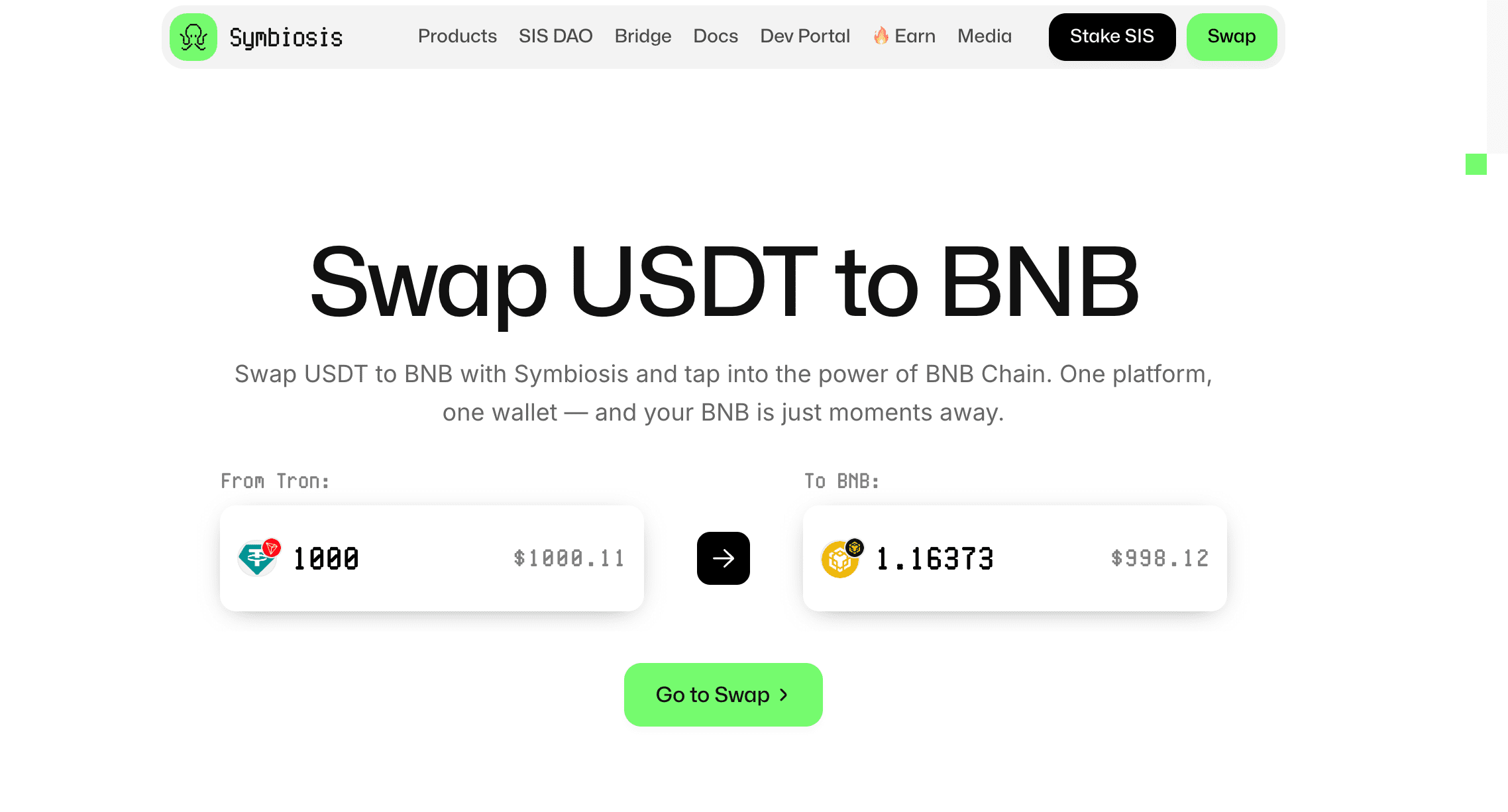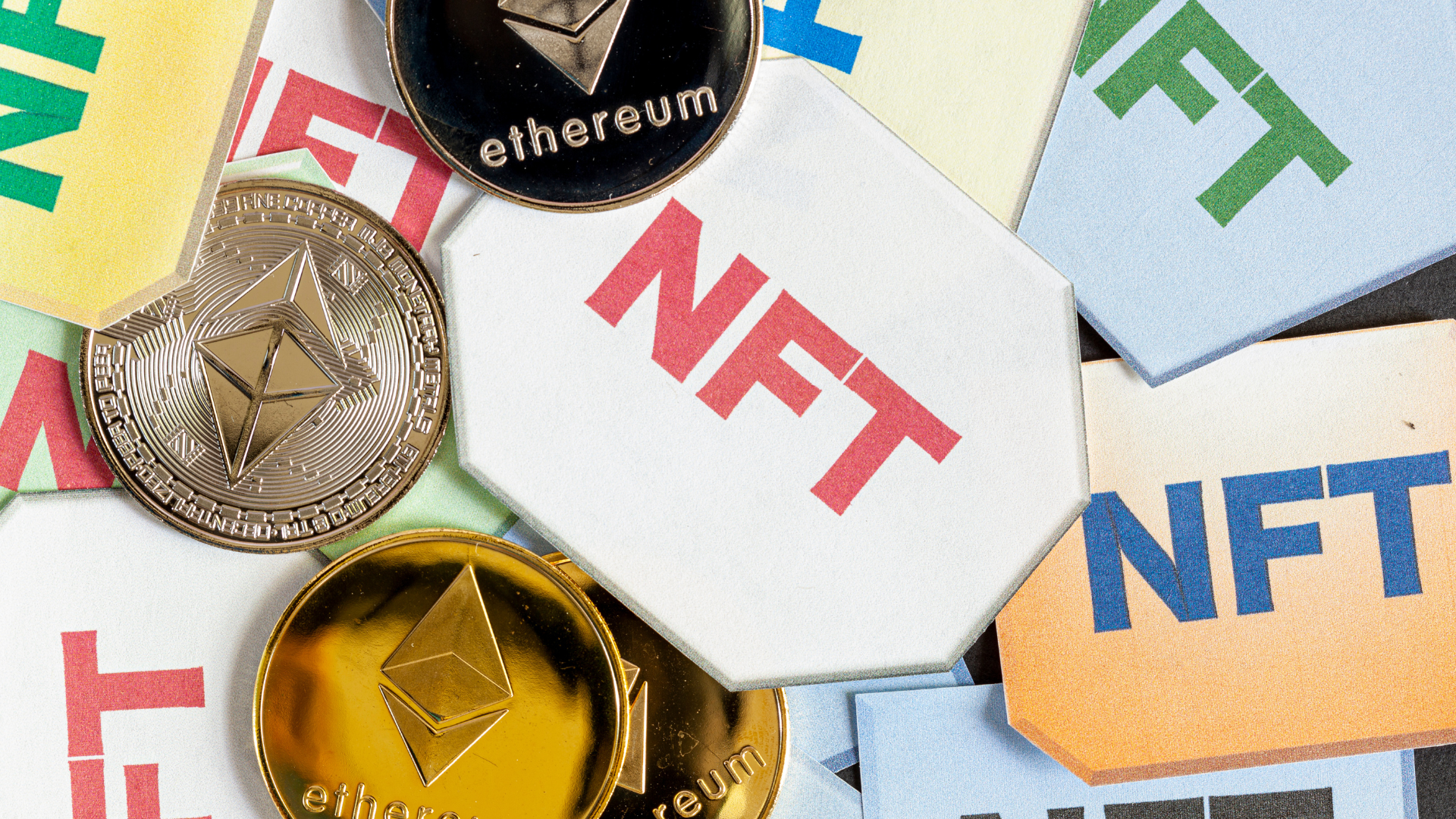At NFT Droppers, we provide the latest crypto news, in-depth project information, and comprehensive market insights. Launched in 2022, our platform covers new token launches, market trends, and detailed reviews of crypto and NFT projects. We offer reliable ratings based on 70+ evaluation factors, including tokenomics, roadmaps, and team authenticity. Whether you’re an investor or a crypto enthusiast, NFT Droppers keeps you informed with accurate, up-to-date information and expert analysis.
How to Buy Crypto Under 18: Legal Options

Table of Contents
You’re under 18, itching to jump into crypto, and fed up with watching the big dogs cash out while you’re stuck on the sidelines. I get it—Bitcoin’s hovering at $96,000, Ethereum’s flexing at $3,400, and the market’s a live wire buzzing with chances to stack some serious USD. You’re not here for fairy tales or get-rich-quick scams. You want in, and you want it legal. I’ve been in the crypto trenches for years, slicing through the noise to find moves that work—especially for young hustlers like you who don’t have the luxury of an ID that says “18.” This isn’t about bending rules or dodging the law; it’s about playing smart within the lines the U.S. gives you. Let’s cut the crap and get you started.
Crypto’s no kid’s game, but it’s not locked off either. The catch? Most exchanges—Coinbase, Binance.US, Kraken—slam the door shut if you’re not 18, thanks to Know Your Customer (KYC) rules tied to U.S. regs. They’re not wrong to be cautious; this market’s a beast—volatile, risky, and crawling with sharks. Bitcoin’s up 5% this week alone, but it’s dropped 20% in a month before. Still, you’re not here to sit it out. You’re here to own a piece of the blockchain’s steel spine, and there are legal paths to do it. This guide’s your roadmap—packed with options, real talk, and the latest data to help American teens like you grab crypto without landing in hot water.
Why the Age Block?
First, let’s unpack why you’re hitting walls. In the U.S., crypto exchanges aren’t just being picky—they’re bound by law. The Bank Secrecy Act and anti-money laundering rules mean they’ve got to verify who’s buying. That’s KYC: name, address, ID. If you’re under 18, you don’t have the legal clout to sign contracts solo, and exchanges won’t touch you without a guardian’s nod. Fair? Maybe not. But it’s the game we’re playing. The upside? There’s no law saying you can’t own crypto—just hurdles to jump if you’re buying it yourself.
The market’s hot right now. Bitcoin’s at $96,000, with a $1.9 trillion cap, and Ethereum’s $3,400 price tag powers a DeFi empire. Solana’s at $126, churning out fast, cheap trades. You’re not wrong to want in—9% of U.S. teens already hold crypto, says Piper Sandler, and 25% would if they had cash, per RSM US. But the system’s rigged to keep you out unless you’ve got a plan. That’s where I come in—let’s break down the legit ways to make it happen.
Option 1: Team Up with Your Parents or Guardian
Here’s the straightest shot: get your parents or guardian in on it. They’ve got the ID, the bank account, and the legal juice to buy crypto for you. Sit them down, explain why you’re fired up—maybe it’s Bitcoin’s 70% yearly gains or Ethereum’s smart contract muscle—and pitch it as a joint mission. They open an account on a platform like Coinbase, drop $50 or $500, and buy whatever coin you’re eyeing. Then they send it to a wallet you control. Simple, legal, and keeps the taxman happy.
Coinbase is your best bet here—$2.8 billion daily volume, regulated to the hilt, and dead easy to use. Your folks can fund it with a bank transfer (free) or debit card (2.99% fee), buy Bitcoin at $96,000, and transfer it to a wallet like Guarda or Trust. You’ll need to set one up—download the app, write down your 12-word seed phrase (guard it like gold), and give them the address. Fees are pennies—$0.50 to move BTC. They own the purchase; you own the crypto. Done.
Why this works? It’s above board. The IRS wants crypto gains reported—short-term trades tax as income, long-term (over a year) cap at 20%. If your parents buy, it’s their tax headache, but they can gift you the coins tax-free up to $18,000 annually. Talk it through—show them the numbers, like Bitcoin’s climb from $5 to $96,000 since 2009. They might just see the vision.
Option 2: Bitcoin ATMs—Cash to Crypto
No parents on board? Bitcoin ATMs are your next play. These machines dot the U.S.—over 4,000 nationwide, per Coin ATM Radar—and some don’t ask for ID on small buys. You rock up with cash, scan your wallet’s QR code, and walk away with BTC. It’s fast, anonymous, and legal for teens since there’s no contract, just a trade.
Find one near you on CoinATMRadar.com—say, in New York or LA, where they’re thick on the ground. Stick $100 in, and at $96,000 per BTC, you’ll snag 0.00104 BTC after fees (usually 5-10%, so $5-$10). The catch? Fees bite harder than exchanges, and not all ATMs skip ID—some cap no-ID buys at $900 daily. Check the machine’s rules before you roll up. Security’s key—use a wallet like Electrum, keep your seed phrase offline, and don’t flash cash in dodgy spots.
Option 3: Gift Cards and P2P Swaps
Got a gift card lying around? Turn it into crypto. Platforms like Paxful or BitPay let you trade Visa, Amazon, or Walmart cards for Bitcoin or Ethereum. No ID, no fuss—you list your card, someone buys it with crypto, and it hits your wallet. A $50 Visa might net you 0.0005 BTC at current rates, minus a 5-15% cut for fees. It’s legal, low-key, and perfect if you’re stacking pocket money.
Peer-to-peer (P2P) takes it further. Sites like LocalBitcoins (still kicking in some regions) or Paxful connect you direct to sellers. You pay via PayPal, Venmo, or cash-in-person, they send BTC. Say you’ve got $20; you could grab 0.0002 BTC at $96,000, depending on the seller’s rate. Risks are higher—scams lurk—so stick to verified users with solid rep. Meet in public if it’s cash, like a McDonald’s, and confirm the tx on your phone before you split.
Option 4: Earn Crypto, Skip the Buy
Why buy when you can earn? Crypto’s got gigs for teens with skills. Web design, coding, or even TikTok edits—sites like BitGigs or CryptoJobs pay in BTC or ETH. A $100 video edit could land you 0.001 BTC, straight to your wallet, no ID needed. Airdrops are another shot—projects like Aptos or Arbitrum drop free tokens for tasks like joining a Discord. It’s small—maybe $5-$10 worth—but it’s yours, legal, and builds your stack.
Freelancing’s the real flex. Set up on Fiverr, offer a logo for $50, and ask for BTC via a wallet like Trust. Clients don’t care about your age—just your work. It’s slow, but you’re in control, and every dime’s crypto you didn’t have to buy.
Setting Up Your Wallet
However you get it, you need a wallet. Exchanges are out—you’re under 18—so go non-custodial. Trust Wallet’s free, mobile-friendly, and holds BTC, ETH, SOL, you name it. Download it, create a wallet, and jot down your seed phrase—12 words that unlock your funds. Lose it, and you’re toast. Hardware’s better for big hauls—Ledger Nano S is $59, offline, and bulletproof. Send your crypto there from an ATM or P2P deal; fees are $0.50-$1 tops.
The Risks You Can’t Duck
Crypto’s a warzone. Bitcoin’s $96,000 could crash to $70,000 tomorrow—volatility’s brutal. Scams are everywhere—fake P2P sellers, phishing links, dodgy ATMs. The IRS tracks gains; if you cash out, they’ll want their cut, and lying’s a felony. Wallets get hacked if you’re sloppy—never share your seed phrase. This isn’t a toy; it’s your money on the line. Only risk what you can lose.
Latest Data: Crypto’s Pulse
Here’s the state of play, straight from CoinDesk. Bitcoin’s $96,000, up 5% this week, $1.9 trillion market cap. Ethereum’s $3,400, Solana’s $126—daily volume across exchanges like Coinbase hits $2.8 billion. Teens are in—9% own crypto, and the number’s climbing. The SEC’s eyeing ETFs, and Trump’s pro-BTC stance post-inauguration’s got the U.S. market buzzing. It’s not cooling off.
FAQs: Your Big Questions Answered
Is it legal to own crypto under 18? Yes—no U.S. law bans it. Buying’s the trick.
Can I use my parents’ account secretly? Don’t. They’re liable for taxes and legal heat—keep it straight.
What’s the cheapest option? Gift cards or earning—ATMs and P2P fees sting more.
Can I cash out later? Yep, but you’ll need an exchange at 18 or a P2P buyer. Taxes apply.
Will BTC hit $100,000 soon? Maybe—analysts say $120,000 by mid-2025 if ETFs roll. No guarantees.
Conclusion
You’re not shut out—crypto’s within reach if you’ve got grit and a plan. Team up with your folks, hit an ATM, swap a gift card, or earn it outright—legal paths are there. Bitcoin’s at $96,000, Ethereum’s humming, and the blockchain’s rewriting wealth. Risks? Plenty. Rewards? Bigger if you play it sharp. This isn’t about waiting till you’re 18—it’s about starting now, legally, and owning your future. Get in, secure your stack, and ride the storm. The game’s yours to win.

Disclaimer: The information presented here may express the authors personal views and is based on prevailing market conditions. Please perform your own due diligence before investing in cryptocurrencies. Neither the author nor the publication holds responsibility for any financial losses sustained.
Top Crypto Presales
 Ionix Chain $IONX
Ionix Chain $IONXBEST CRYPTO CASINO
TOP EXCHANGES
CRYPTO PAYMENT GATEWAY
 Crypto Cloud
Crypto CloudBEST HARDWARE WALLET
 Tangem
Tangem Gamdom
Gamdom Stake.com
Stake.com Coins.Game Casino
Coins.Game Casino







